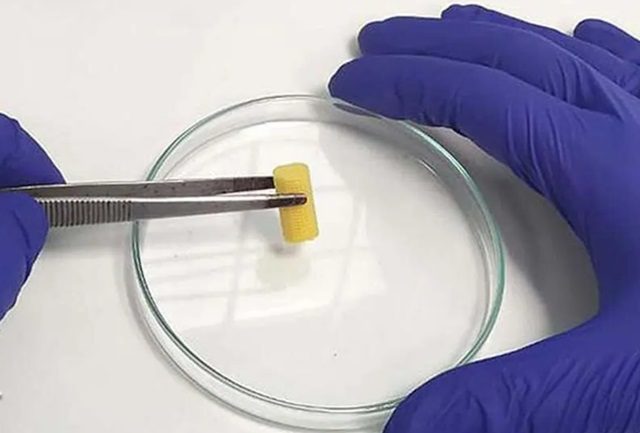BTN News: New research has uncovered a vital factor in the return of lymphatic tumors and their resistance to standard treatments. This factor is glutathione, a common antioxidant found in cells. Scientists from the Centro de Biología Molecular, a joint center of the Consejo Superior de Investigaciones Científicas (CSIC) and the Universidad Autónoma de Madrid (UAM), found that glutathione is a key player in the reappearance of these tumors. Their findings, published in the journal Cell Death and Disease, explain why some tumors come back stronger and more resistant after treatments.
The study was led by Miguel Ramón Campanero, a CSIC researcher at the CBM-CSIC-UAM and the Centro de Investigación Biomédica en Red (CIBER) of Cardiovascular Diseases. The research was mainly funded by the Asociación Española Contra el Cáncer. The team found a large increase in glutathione levels in Tumor Initiating Cells (TICs). These cells are a small part of the tumor that survive treatments like chemotherapy and radiotherapy, leading to a more aggressive and resilient tumor regrowth.
Campanero explained that while standard cancer treatments stop the growth of most tumor cells in lymphomas or lymphoid leukemias, they do not remove TICs well. This failure allows tumors to return. Alberto Hernández, the first author of the article and also a scientist at CBM-CSIC-UAM, added that standard treatments increase cell oxidation, which leads to cell death. However, TICs resist these treatments because they gather antioxidants like glutathione.
The CSIC stressed the vital role of glutathione in helping TICs survive under stress. The researchers showed that stopping a gene needed for making glutathione, called GCLC, increases oxidation in TICs, which causes their death. On the other hand, treating with antioxidants helps TICs and other tumor cells survive and grow.
These findings challenge the common belief that antioxidants are always good for health. Campanero noted that both too little and too much of antioxidants might not be good. The research also found that using a drug to block a protein needed for making glutathione increases oxidation in TICs, causing their death.
Encouraged by these results, Hernández and his team tested the drug in an animal model with naturally developing aggressive lymphatic tumors. They found that the drug significantly stopped lymphoma growth in female subjects, but it did not work in males. This gender-specific response adds another layer of complexity to the treatment of such tumors.
Furthermore, the discovery of high glutathione levels in tumor cells from patients with various lymphatic tumors suggests that this drug could help treat these patients. The researchers conclude that these findings could lead to better therapies than those currently used for lymphatic system tumors. By targeting the mechanisms behind tumor resistance and recurrence, like glutathione levels in TICs, future treatments may achieve better outcomes for patients fighting these challenging cancers.
These insights underline the importance of understanding cellular mechanisms to develop targeted cancer therapies. As science advances, the hope is that these findings will lead to more personalized and effective treatment strategies, improving survival rates and quality of life for cancer patients worldwide.


